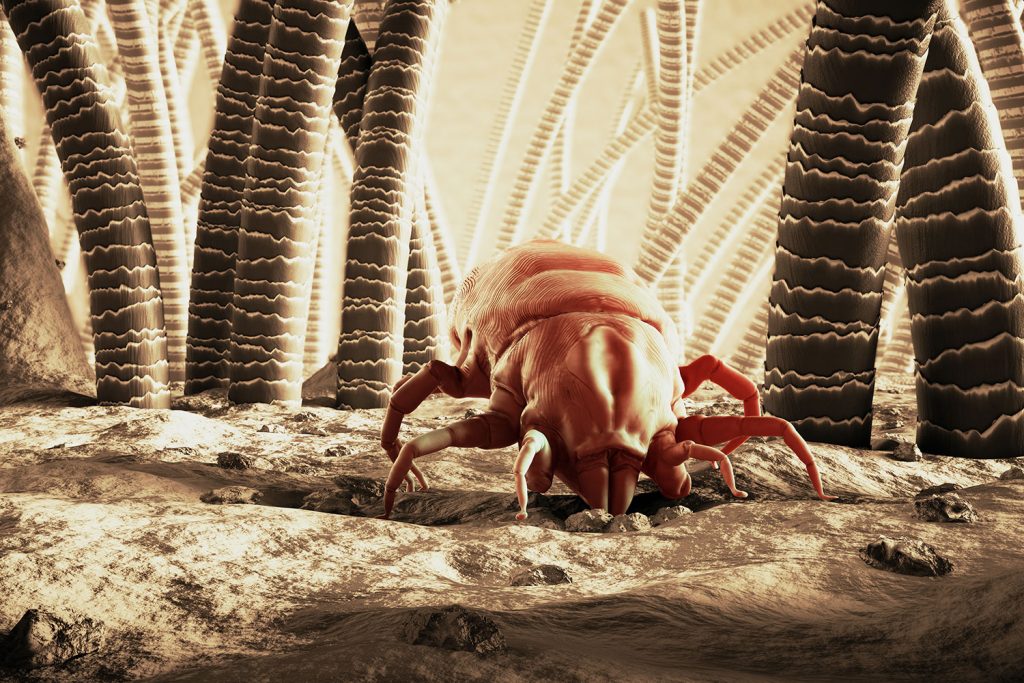Everything You Need to Know About Asthma & Asthma Attack Prevention
Spring is the peak season for asthma attacks. We join the healthcare community in raising awareness of this chronic, sometimes life-threatening disease, providing tips on how to help manage your condition and knowing when to seek emergency care.
At Supreme Care ER the finest emergency room in Cypress Texas, we’re happy to provide you with the emergency care that you need in the event of a medical emergency.
What is Asthma?
Asthma is a chronic inflammatory lung disease. People with asthma have overly sensitive airways that may react to many triggers causing inflammation that leads to less air getting through to the lungs.
We still don’t know the exact cause of asthma. Still, researchers believe genetic and environmental factors play a role in its development, usually before age 5. However, asthma can also manifest for the first time during adulthood.

How Common is Asthma?
Asthma affects more than 25 million individuals, roughly 1 in 13 Americans. This total includes more than 5 million children.
Most Common Asthma Symptoms
Everyone experiences asthma differently. However, there are some common symptoms most patients share, such as,
- Shortness of breath
- Chest tightness, pressure, or pain
- Coughing
- Wheezing
For most asthma patients coughing and wheezing worsen when they have a viral respiratory infection such as a cold or flu.

What Causes Asthma Attacks?
Symptoms typically appear in response to asthma triggers such as tobacco smoke, dust mites, air pollutants, cockroaches and other pests, pet dander, mold, some cleaning solutions and chemicals, and pollen. Other triggers include exercise, chemical fumes, and gases.

How to Prevent Asthma Attacks
Although there is no known cure for asthma, if you are living with the disease, there are ways for you to prevent attacks and live a full and active life.
Talk to Your Doctor
Because asthma is a chronic disease, you will need a long-term management plan, and your doctor is your best ally.
Your doctor will formulate a plan to help manage your asthma. This plan will include medications you can take and what to do in an emergency.

Record and Monitor your Symptoms
Learning to recognize your symptoms can help you control your asthma. Record your symptoms and keep track of how often you experience them.
Try to identify triggers and speak to your doctor about any worsening symptoms.
Avoid Asthma Triggers
The best way to prevent an asthma attack is by avoiding known triggers. Do your best to avoid tobacco smoke, air pollutants, and strong smells you know can cause asthma flare-ups.

When to Seek Emergency Care
Asthma is serious and can even lead to death without proper medical attention.
Signs of an asthma emergency include:
- Severe breathing problems that progress rapidly
- Symptoms don’t improve even after using a rescue inhaler
- You experience shortness of breath with minimal physical activity
You should never take more medication than prescribed, as doing so can cause side effects and worsen your asthma.
If you experience worsening asthma symptoms that do not respond adequately to your prescription, don’t hesitate to seek emergency care.
Supreme Care ER offers 24/7 emergency care for asthma patients. We can help you breathe easier during an asthma emergency.

At Supreme Care ER in Houston, the finest emergency room in Cypress, Texas, we’re happy to provide you with the emergency care you need in the event of a medical emergency. We are conveniently located at 9530 Jones Road, Houston, Texas, 77065. We’re fast and remain open 24 hours year-round.

Where to go in Case of an Emergency?
At Supreme Care ER, our doors remain open to provide the very best ER care for you and your family. We’re located at 9530 Jones Road, Houston, Texas 77065.










